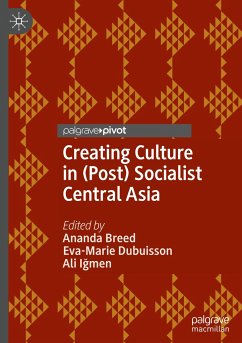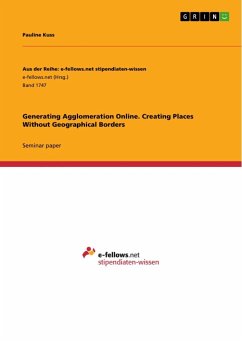This book brings together historical and ethnographic research from Kyrgyzstan, Kazakhstan, and Xinjiang, in order to explore how individuals and communities work to create and maintain forms of 'culture' in contexts of ideological repression and erasure. Across Inner Central Asia, in both China and the Soviet Union, while ethnic culture was on one hand lauded and promoted, it was simultaneously folklorized in the face of broader projects of socialist modernity. How do local intellectuals, cultural organizers, and performers work to negotiate their own forms and understandings of cultural meaning within the institutions and frameworks of a long twentieth century? How does scholarly attention to cultural production, tradition, and performance help to inform our understanding of (ethnic) nations not as given, but as coming into being?
Bitte wählen Sie Ihr Anliegen aus.
Rechnungen
Retourenschein anfordern
Bestellstatus
Storno








